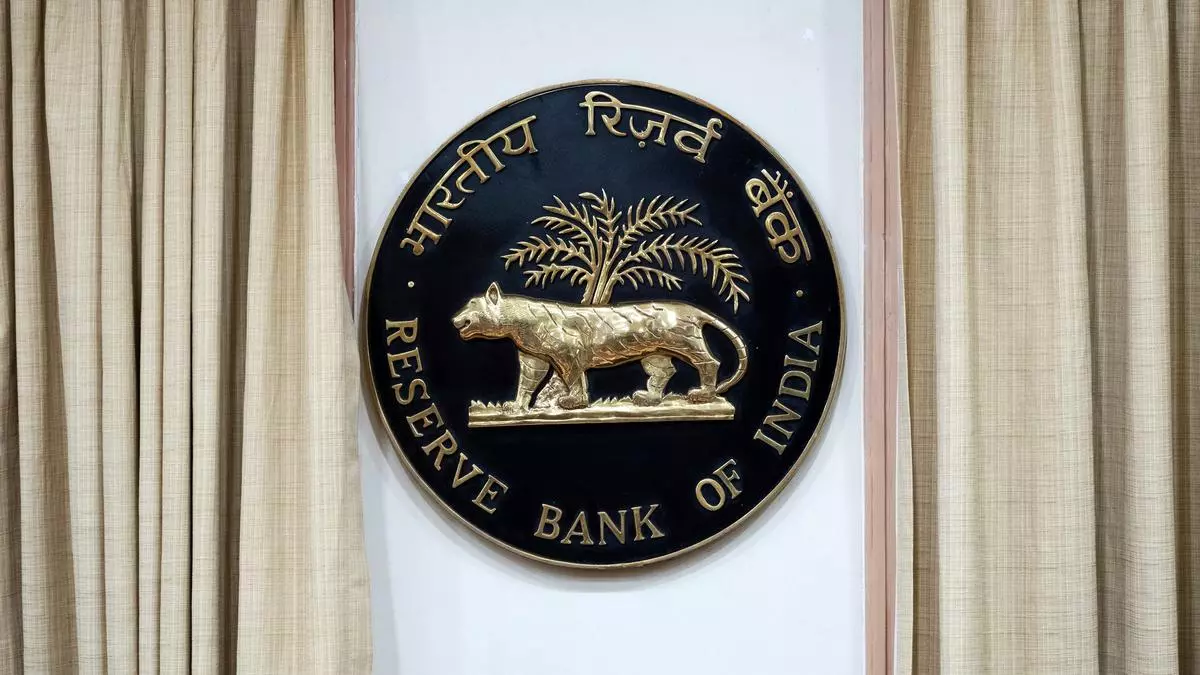RBI issues norms to regulate fintechs in cross-border payments space
Fintech companies will have to apply for Payment Aggregator-Cross Border (PA-CB) licences after the new guidelines issued by the central bank.
Companies such as PayU, Cashfree Payments, and Paypal, to early-stage start-ups such as Skydo, among others, will need to apply for this licence. The RBI’s latest guidelines on cross-border payments are bound to push up compliance costs for fintechs operating in this sector.
Until now, the payment accounts were managed by the sponsor bank or authorised dealer (AD) for these payment companies, but now it will be running a full stack payment system.
“The introduction of the licence will generate keen interest among both fintech companies and traditional banks, ushering in a new era of innovation and competition. With regulatory clarity, fintech firms may attract more investment in the coming years, paving the way for further growth. These changes offer Indian small and medium-sized businesses (SMBs) more options for international money transfers, enhancing competition and transparency. Fintech firms will also look to provide additional financing and value-added services for exporters and importers, promoting competitiveness in the sector,” said Movin Jain, co-founder of international remittance start-up, Skydo.
By making entry requirements into this segment more stringent, these regulations would ensure that all players adhere to the regulator’s strict quality and operational standards, said PayU’s Chief Business Officer, Sudhir Sehgal.
“This would mean that smaller entities not meeting the regulator’s criterion may need to rework their business models, and collaborate with established players who meet the prescribed standards,” said Sudhir Sehgal, Chief Business Officer, PayU.
- Also read: Need effective forex liquidity mechanisms to support cross border transactions: RBI Governor
RBI guidelines
According to new guidelines, non-banks that provide PA-CB services, have to apply to the RBI for authorisation by April 30, 2024. However, they can continue to operate in the interim.
Additionally, the RBI has divided the approval for PA-CB operations into three different categories — export-only PA-CB (PA-CB-E), which is for non-banks that mainly handle payment transactions connected to exports. These organisations may apply for permission to provide PA-CB services exclusive to exports.
The other one is import-only and import and export PA-CB, where non-banks that manage payment transactions for imports as well as exports are intended to fall under this category. Under this category, entities that are involved in both kinds of transactions may request authorisation.
minimum net worth
Non-banks that were already providing PA-CB services as of the date of the circular are required to have a minimum net worth of ₹15 crore at the time of submitting an application to the RBI for authorisation. They must further increase their net worth to a minimum of ₹25 crore by March 31, 2026.
New entities that have not started their operations before the date of the circular must also have a minimum net worth of ₹15 crore at the time of submitting an application to the RBI for authorisation. These new entities are given a time frame to attain a minimum net worth of ₹25 crore, and this should be achieved by the end of the third financial year from the grant of authorisation.
